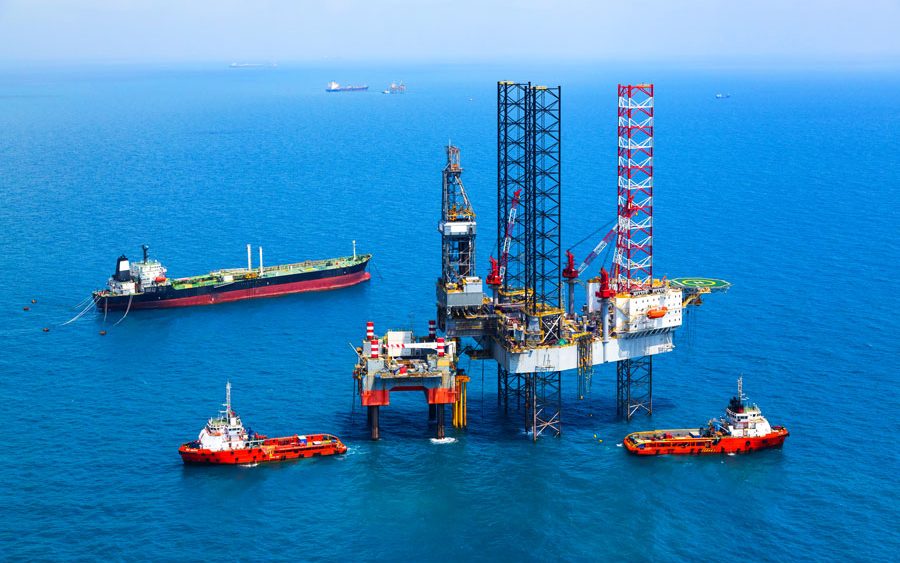Petroleum and fuel oil transport is a delicate process prone to commercial and environmental disaster. If there is a spill near ports, there is also an imminent danger that it may reach the coast. The most fraught moments for spills at port are shipment preparation, refuelling and approach or exit manoeuvres.
Inclement weather
Frequently, inclement weather conditions or tides are an ingredient in this sort of port accident. We saw this last March with the container ship Dublin Express, which spilled fuel while unloading at the Global Marine Container Terminal of New York. Heavy waves had created a 40x40cm hole in the tank.
This was a slight incident in comparison with one of the greatest port ecological disasters, such as the Port Bonython spill in south Australia in 1992. The Era fuel tanker was perforated by the prow of a tugboat, spilling 296 tonnes of heavy fuel oil. An enormous 10-tonne stain reached the southwestern mangroves, jeopardising the ocean fauna.
Some declared that the ship never should have berthed under such extreme weather conditions, with inclement winds and rough waters. Others pointed out the lack of suitable port equipment, which delayed contention and aggravated the problem.
STS operations (Ship To Ship)
Another delicate moment are Ship to Ship (STS) operations, specifically bunkering operations, when a tanker fuels up any other kind of ship. For refuelling accidents to become a thing of the past the Port and Maritime Authorities of Singapore have suggested a series of guidelines that can be applied to all ports. These are the most important:
- Both the tanker and the recipient vessel must be securely berthed for forecasted weather and ocean conditions.
- All operations must be supervised by a manager, with sufficient personnel and equipment prepared for all emergencies.
- An effective line of communication must be agreed upon between the tanker and the recipient vessel. If this channel were to break down, the operation must be immediately suspended.
- Before beginning the operation, maximum pumping speeds and pressures must be established, as well as the emergency shut-down procedure.
- In the event of a spill, the captain shall immediately inform authorities and follow their instructions.
Preventing spills with equipment that meets expectations
The aforementioned safety measures are all appropriate but would be shorthanded at any terminal without port equipment that meets expectations. Guaranteeing proper ship berthing with bollards and quick-release hooks that are reliable and safe is essential.
Moreover, we must help human crews to be on alert for any situation that might complicate refuelling, such as the ship’s condition and weather conditions. This can be done with berthing-aid systems, such as Prosertek’s BAS, to monitor manoeuvres at port and provide assistance to reduce accidents that could lead to fuel spills and ecological catastrophes.



Comments are closed.